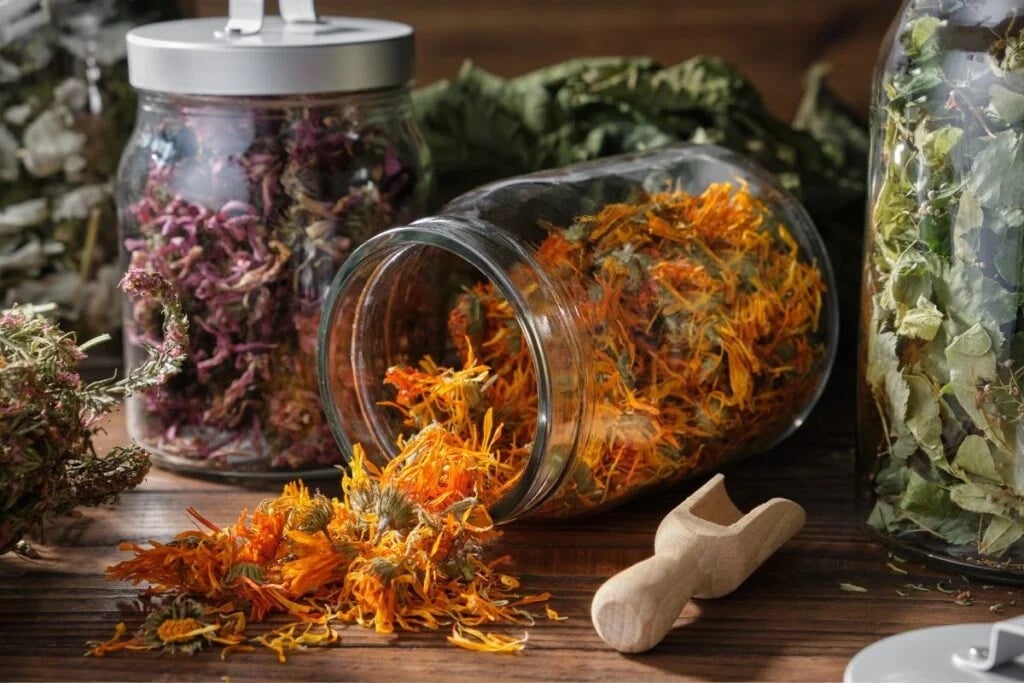Green tea has earned its global popularity thanks to its unique composition and numerous health benefits. Learn how people make it, and how to brew it properly. Let’s explore numerous green tea benefits and side effects.
How Green Tea Is Made
Green herbal tea production involves a method that halts oxidation shortly after workers harvest the leaves early in the morning. Tea producers do not wither the leaves as they do with other types of tea. Rather, they rapidly heat the leaves to halt the oxidation process. This heating is done either by steaming the leaves, which is the traditional Japanese approach, or by pan-frying them in a hot, dry wok, following Chinese tradition.
This minimal processing helps preserve the natural compounds found in the leaves, such as vitamins, theine (a form of caffeine), tannins, and minerals. After heating, tea producers dry the leaves either individually or roll them into small pellets. The second method is typically reserved for higher-grade teas, since rolling takes extra time and care.
People may also consume this tea in the form of an extract to enhance its therapeutic effects. These concentrated green tea capsules benefit by containing the active ingredients found in approximately five cups of this tea, though this may vary depending on the manufacturer.
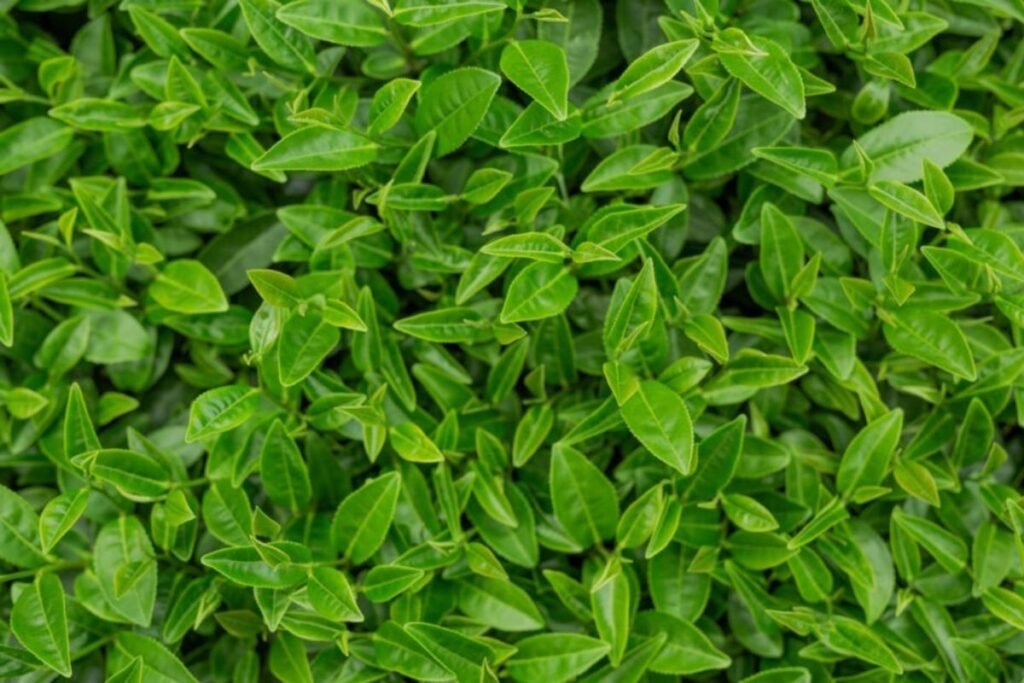
What You Should Know When Buying It
Green tea is widely available in supermarkets and online, but if you’re looking for premium quality or more exotic blends, specialized tea shops offer a broader selection. These stores often carry green tea infused with natural flavors and ingredients. Some of the most popular blends include this tea with ginger, lemon, jasmine, or ginseng.
Prices can vary significantly depending on the retailer and brand, so it’s worth exploring your options to find the best balance of quality and cost.
The Health Benefits of Green Tea
Green tea has earned its place among the world’s most consumed beverages for a reason—it offers a wide range of health-promoting properties:
Rich in Antioxidants
The high concentration of antioxidants is a key reason why green tea is so beneficial. These compounds combat oxidative stress in the body by neutralizing free radicals, which are unstable molecules that damage cells and promote aging and disease.
Green Tea Benefits for Weight Loss
This kind of tea contains both catechins and caffeine, a combination that helps with weight control. It can accelerate thermogenesis, the body’s method of converting calories into heat while supporting digestion. However, studies suggest that caffeine alone may also offer similar weight-loss effects.
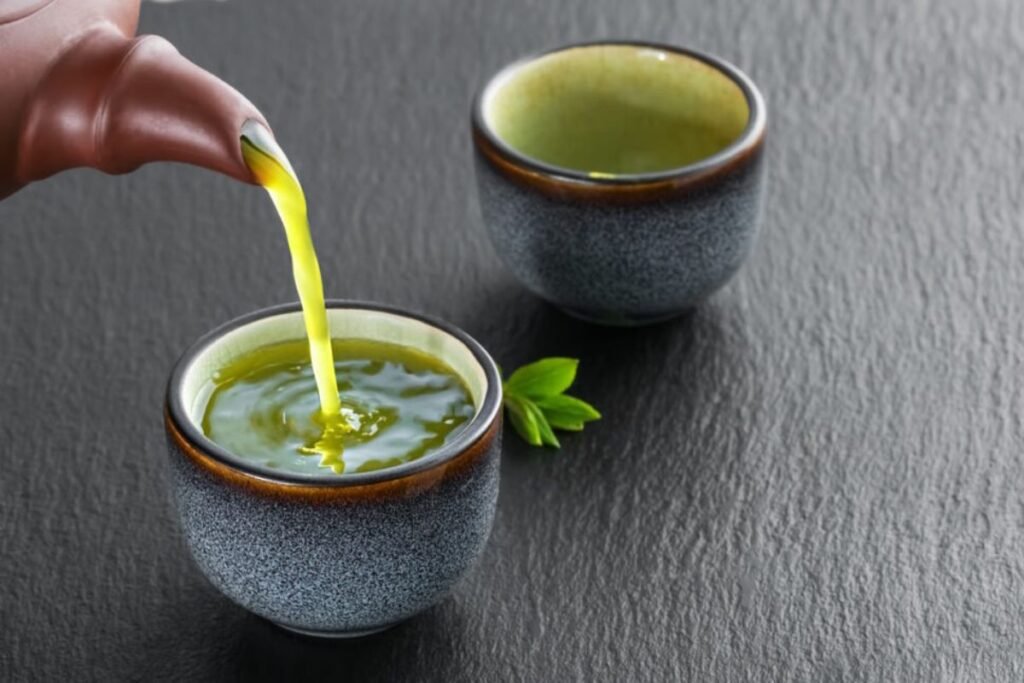
Promotes Heart Health
Oxidative stress promotes fat buildup in the bloodstream and sparks arterial inflammation, leading to elevated blood pressure. Green beverage (thanks to its catechins) may help reduce inflammation, lower blood pressure, decrease ‘bad’ LDL cholesterol, and limit fat absorption.
Boosts Brain Function
The antioxidants in green tea may protect brain cells from oxidative stress, reducing the risk of cognitive decline and diseases such as Alzheimer’s, Parkinson’s, and dementia. Green tea may also help counter the harmful effects of heavy metals like copper and iron on the brain, enhance memory, and improve communication between different areas of the brain.
It Supports Liver Function
By reducing inflammation that leads to liver conditions, green tea helps support healthy liver function. However, this benefit comes with a caveat—consuming more than 3–4 cups per day may lead to toxicity and do more harm than good to the liver.
This Tea May Lower Cancer Risk
Green tea contains powerful antioxidants, particularly EGCG (epigallocatechin gallate), which may help regulate cell growth and death. This balance is crucial in preventing dysfunctional cells from developing into cancer.
Improves Skin Health
Green tea extract or tea can help treat skin conditions such as acne, dermatitis, rosacea, and warts when applied topically. It also slows the signs of aging. Green tea benefits for skin include hydrating and improving its elasticity.
Enhances Physical Performance
Drinking green beverages before or after exercise may boost physical endurance, speed up post-workout recovery, and reduce muscle fatigue.
Supports Blood Sugar Regulation
Green herbal tea can increase insulin sensitivity and may help lower blood glucose levels.
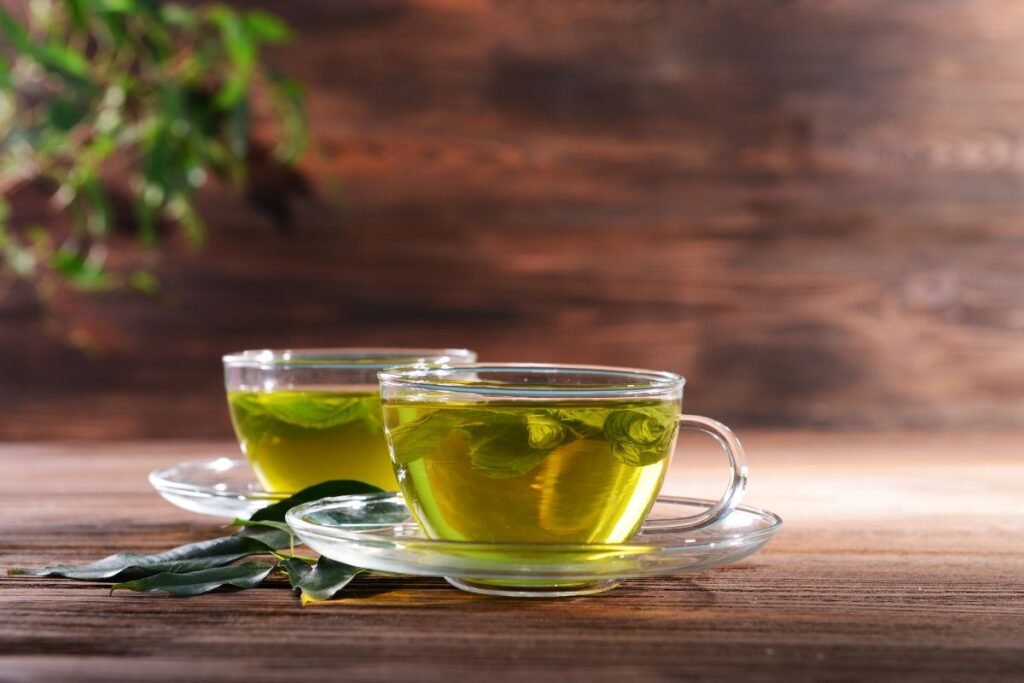
How to Brew Green Tea Properly
Many people prepare green herbal tea just like any other tea—by steeping it in boiling water—but this method can destroy many of its beneficial compounds. To fully enjoy its advantages, it is vital to use the correct brewing technique. Preparing green tea typically takes a bit more care than making black tea.
Use water heated to 80–85°C (176–185°F) and steep the tea leaves 3–4 times, allowing them to infuse for about 8–10 minutes. The higher the quality of the leaves, the lower the ideal water temperature. Be sure to pre-warm your teapot or cup so the tea does not cool down too quickly.
Alternatively, you can boil green tea—but only with a kettle that allows you to control the temperature. Some varieties specify ideal brewing temperatures between 60°C and 90°C (140°F to 194°F). Light boiling (up to 3 minutes) results in a refreshing and stimulating tea. Extensive boiling increases the antioxidant content and gives the tea a more calming effect. If the leaves are finely chopped, reduce the steeping time accordingly.
Green Tea with Milk
Steep your tea leaves or a tea bag in water 60–80°C (146–176°F) for a few minutes. Once brewed, add a splash of milk or your preferred plant-based alternative. Sweeten it to taste with sugar, honey, or maple syrup.
Benefits of Green Tea for Women’s Beauty
Green tea is not just for drinking—it can also be part of your beauty routine. You can use green tea in DIY treatments for the face, body, and hair (thanks to its active compounds, especially caffeine). It helps reduce puffiness and soothes irritated skin. Green tea benefits for hair include making it shiny and healthy.
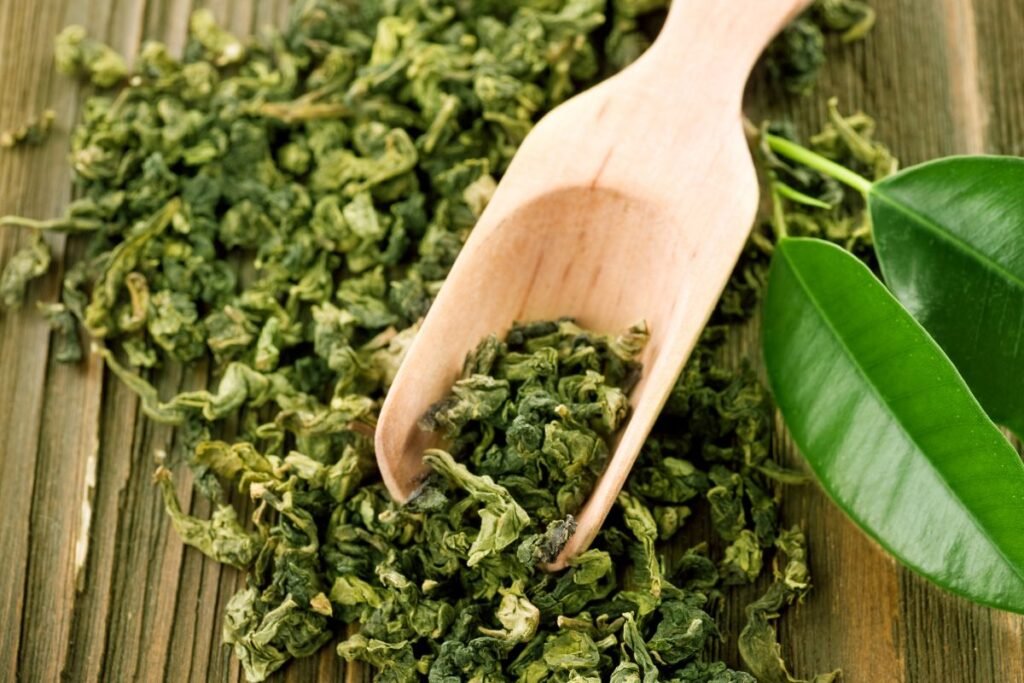
Potential Risks and Side Effects of Green Tea
Despite health benefits, consuming excessive amounts can be harmful. Healthy adults should limit intake to 3–5 cups per day, depending on the tea’s strength, to avoid the risk of liver damage.
This tea contains caffeine, so if you are sensitive to it, be mindful of the dose. Side effects may include headaches, irritability, insomnia, nausea, diarrhea, irregular heartbeat, dizziness, tinnitus, heartburn, or even seizures.
People who should limit or avoid green tea:
- Those with stomach issues, as green tea increases acidity.
- People with iron deficiency or anemia, since it can inhibit iron absorption. If desired, drink it with vitamin C (e.g., a slice of lemon) to counteract this effect.
- Pregnant women, due to their intake of caffeine, phenols, and tannins, may increase the risk of miscarriage.
- Breastfeeding mothers, as caffeine can pass through breast milk and affect the baby.
- People prone to anxiety or stress, as this tea may heighten nervous tension.
- Those with heart conditions, as caffeine may elevate the heart rate.
- Individuals with glaucoma should avoid caffeine, since caffeine can increase pressure in the eye.
- People with high blood pressure, especially if they do not regularly consume other caffeinated beverages.
- Children, as the caffeine and tannins in green tea can interfere with nutrient absorption and affect behavior.
- Those with liver disease should avoid this tea, as it may aggravate symptoms.
- People with osteoporosis are at risk, as it promotes calcium loss. If you often drink green tea, consider taking calcium supplements.
If you have a chronic health condition, avoid drinking green tea alongside medications—chemical interactions may lead to unexpected effects. Always consult your doctor or a qualified health professional before taking green tea or its extract in supplement form.
Sources:
- https://www.tandfonline.com/doi/abs/10.1080/13590840802518785
- https://www.mdpi.com/2306-5710/3/1/6?ref=doctoramascotas.com
- https://www.liebertpub.com/doi/abs/10.1089/acm.2005.11.521
- https://www.sciencedirect.com/science/article/abs/pii/S0083672901620016
Associative photos ©Canva.

